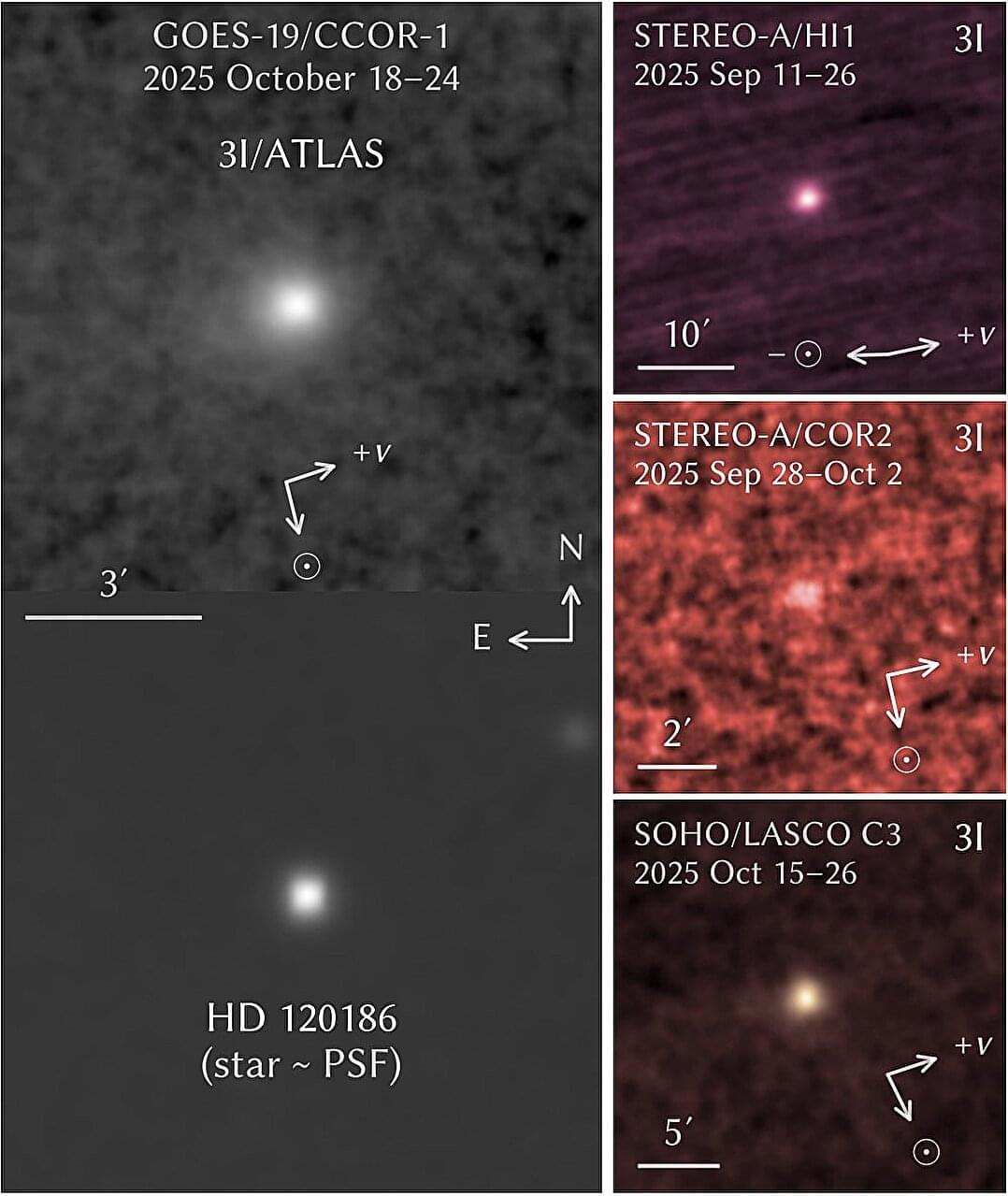A new record is expected to be reached by TSMC in regards to its 3nm process, with analysts estimating that monthly wafer units could reach 160,000 units by end of 2025




It may look like an ordinary satellite, but the recently launched Haven Demo is a major step toward the first commercial space station. Built by Vast, the 1,100-lb (500-kg) uncrewed spacecraft will test core systems of the planned Haven-1 outpost.
Launched on November 1, 2025 atop a SpaceX Falcon 9 rocket, Haven Demo was one of 18 shared payloads for a variety of customers that formed the Bandwagon-4 mission. The satellite is scheduled to remain in orbit for six months during which it will carry out a series of tests to reduce the risk of failure when Haven-1 is put into orbit in May of next year.
True, the Haven Demo doesn’t look like any sort of space habitat. There’s no balloon-like module for astronauts to hang out in, but it does have propulsion systems, flight computers, navigation and guidance systems, communication units, and power systems similar to those that will be used on Haven-1. The Haven Demo will not only validate these systems in orbit, but it will also test the ground network and mission operations infrastructure back on Earth.

An interstellar comet that originated outside our solar system has just made its closest pass to the sun, brightening dramatically and rapidly as it did so. The reason for the sudden extreme activity is currently puzzling scientists.
A stranger in the neighborhood The latest visitor to our corner of the galaxy was first spotted on July 1, 2025, by astronomers and officially named comet 3I/ATLAS. It’s only the third interstellar comet ever recorded and was calculated to be on a course that would take it close to the sun without plunging into it.
As the object neared its closest point to our star (perihelion), the immense solar glare made it virtually impossible for Earth-based telescopes to see it. So astronomers turned to space-based solar observatories like SOHO, STEREO-A and GOES-19 to keep a watchful eye.

The researchers said they have completed a first draft of atlases of the developing human brain and the developing mammalian brain.
The research focused on human and mouse brain cells, with some work in monkey brain cells too. In their initial draft, the scientists mapped the development of different types of brain cells — tracking how they are born, differentiate and mature into various types with unique functions. They also tracked how genes are turned on or off in these cells over time.
The scientists identified key genes controlling brain processes and uncovered some commonalities of brain cell development between human and animal brains, as well as some unique aspects of the human brain, including identifying previously unknown cell types.
Scientists have reached a milestone in an ambitious initiative to chart how the many types of brain cells emerge and mature from the earliest embryonic and fetal stages until adulthood, knowledge that could point to new ways of tackling certain brain-related conditions like autism and schizophrenia.

A century ago, the strange behavior of atoms and elementary particles led physicists to formulate a new theory of nature. That theory, quantum mechanics, found immediate success, proving its worth with accurate calculations of hydrogen’s emission and absorption of light. There was, however, a snag. The central equation of quantum mechanics featured the imaginary number i, the square root of −1.
Physicists knew i was a mathematical fiction. Real physical quantities like mass and momentum never yield a negative amount when squared. Yet this unreal number that behaves as i2 = −1 seemed to sit at the heart of the quantum world.
After deriving the i-riddled equation — essentially the law of motion for quantum entities — Erwin Schrödinger expressed the hope that it would be replaced by an entirely real version. (“There is undoubtedly a certain crudeness at the moment” in the equation’s form, he wrote in 1926.) Schrödinger’s distaste notwithstanding, i stuck around, and new generations of physicists took up his equation without much concern.

With its metaphorical feet held over the allegorical fire by NASA, SpaceX has released a new, simplified plan to build a lander to put US astronauts back on the Moon now that the competition for the spacecraft has been reopened due to delays.
NASA’s Artemis program to establish a permanent US human presence on the Moon is ambitious beyond any doubt. However, like previous American efforts, it’s been fraught with cost overruns, delays and technical problems. One of the most aggravating of these bottlenecks has been building the lunar lander because if you don’t have a way to actually put astronauts on the actual Moon, you’re pretty much wasting your time.
SpaceX’s original plan was to build a lander based on its still-experimental Starship rocket – more than just based on it, the craft would essentially be a complete, baseline Starship complete with airfoils and heat shields. The goal was to land up to 100 tonnes of supplies on the Moon or enough to establish a complete, sustainable base.

This is the conclusion of an international team of researchers, who found that this nervous system has a genetic organization resembling that of the brain of vertebrates, like humans.
“Our results show that animals without a conventional central nervous system can still develop a brainlike organization,” said paper author and biologist Jack Ullrich-Lüter of the Natural History Museum, Berlin, in a statement.
He added: “This fundamentally changes how we think about the evolution of complex nervous systems.”
